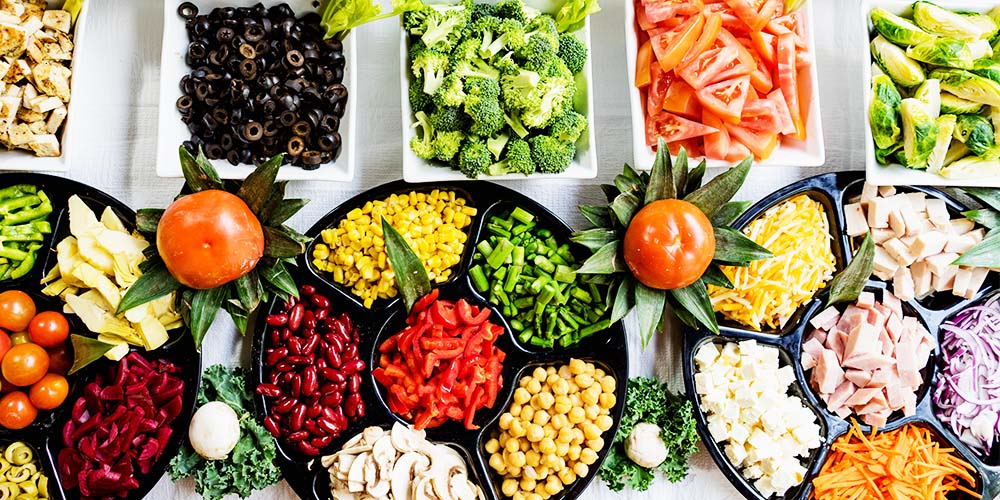We do shipping of our products WORLDWIDE.
ALL OUR PRODUCTS ARE PACKED BY VISUALLY HANDICAPPED
100% NATURAL PLANT SCENT ESSENTIAL OILS

As science and technology bring us more detailed information about the foods we eat, the crucial role of nutrition in the maintenance of good health becomes increasingly clear.
Along with the growing trove of information about nutrition is the knowledge of what kinds of food provide the very best nutrients, so the key to good health is twofold:
Juices and smoothies are an important part of a whole foods diet because they allow you to get an above-average quota of fresh fruits, and vegetables and thus, fiber macronutrients (protein, fat, carbohydrates), and micronutrients (vitamins, minerals and so on) every day.
We will talk about nature and the role of all the essential ingredients that you can get from food. Armed with this information, you can design your own juicing, and smoothies program so that you draw from a wide rainbow of fruits and vegetables.
Vitamins are organic food substances found only in plants and animals. They are essential for growth, tissue maintenance, as well as for a whole list of specific functions your body performs.
Other than vitamin D, your body cannot manufacture vitamins, so you have to get them from the foods you eat.
Vitamin D is the only vitamin manufactured by the body after sun exposure.
The table below outlines all the vitamins, and what happens if you do not get enough of them, which juices, smoothies ingredients are good sources of those vitamins.
| Table 1 | Vitamins | ||
|---|---|---|---|
| Vitamin | What it does for your body | What happens if you don’t get enough | Best Smoothie/Juice Ingredients |
| Vitamin A | It provides healthy skin, hair, body tissues; boosts immunity, aids vision, promotes bones and tooth growths. | Colds, infections, dry skin, rashes, acne, night blindness, poor bone growth, weak tooth enamel | Apricots, cantaloupe, carrots, guava, kale, peaches, spinach, sweet potato |
| Vitamin B1 | Help cells convert carbohydrates into energy, assists digestion, improves brain and heart function, muscles, and nervous system. | Weakness, fatigue, lack of concentration, stomach problems, poor digestions | Asparagus, flaxseed, legumes, mangos, milk, oatmeal, peppers, pineapple, sesame seeds, soy milk, sunflower seeds, tomatoes, yogurt |
| Vitamin B2 | Releases energy from protein, fats, and carbohydrates, provides healthy skin, hair, and nails, assists cell growth and reproduction, helps red blood cell production | Lack of energy, dull hair, skin, eczema, dry cracked lips. | Almonds, beans, sprouts, broccoli, Brussels sprouts, dates, legumes, mango, milk, soy milk, spinach, wheat germ, yogurt |
| Vitamin B3 | Promotes normal brain function, facilitates digestion, produces energy, provides healthy skin. | ||
| Vitamin B5 | Metabolizes food forms hormones and good cholesterol, provides healthy skin, hair, maintains brain and nerves | ||
| Vitamin B6 | Assists in protein digestion, balances sex hormones, boosts immunity, red blood cell productions and helps nerve function. | ||
| Vitamin B9 | Helps production of red blood cells, helps the brain and nervous system activity, plays a crucial part in spinal fluid, essential for pregnant woman and fetuses | ||
| Vitamin B12 | |||
| Vitamin C | |||
| Vitamin D | |||
| Vitamin E | |||
| Vitamin K |
Minerals are tiny organic elements that you need to keep your body working in order to be healthy. Minerals originate only in the soil; plants and animals (including humans) do not create minerals.
Instead, plants must absorb minerals from the soil and animals must get them from plants or other animals.
Smoothies and juices that are made from fresh, local, organic, raw fruits and vegetables contain the most live enzymes, vitamins, minerals, and phytonutrients (nutrients found in the plant – they are not essential the way vitamins are minerals are, but they are still good for you).
Minerals vary with the geographic location (where your food is grown). One of the advantages of organic soil is that it tends to be richer in minerals than non-organic soil.
Minerals together with other phytonutrients are lost when food is transported over long distances or when it isn’t stored properly. Cooking too destroys some minerals and vitamins, thus it is best to eat or drink raw fruits and vegetables.
Enzymes are chemicals produced by your glands and released into the bloodstream. Think of them as your couriers, messengers surfing the blood to get to their destinations with top priorities of life-changing messages.
Enzymes are simply messengers. They don’t do anything except to send messages to various parts of your body in order for them to something. So the cells or the organs react to the chemical stimulation carried by the enzymes. Here are some of the things enzymes tell your body to do:
Because enzymes are the keys that trigger the active work of the body, they are critical to good health. Although the body does produce enzymes, outside the body enzymes are found in raw food in its uncooked form.
Humans cannot eat any animal products raw, thus the best sources outside for enzymes will be fresh, local, organic, raw fruit, and vegetables, herbs, grains, legumes,nuts, and seeds.
Phytonutrients are tiny life-giving nutrients that can help us prevent or cure diseases when eaten, they are found in the plant.
When you eat a wide range of colorful fruits and vegetables along with whole foods, you will be getting all the essential ingredients including all the phytonutrients you need to be well.
Recent Comments